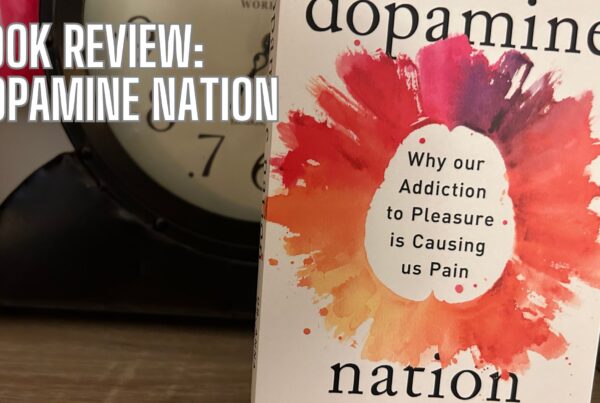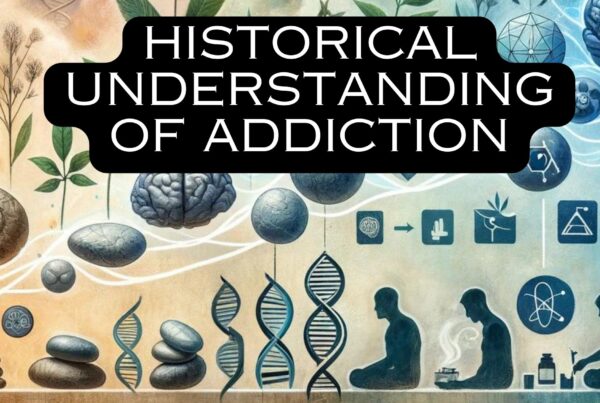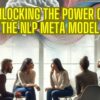Genetic Impact of Addiction: Navigating the Complexities of Substance Abuse
In recent times, the understanding of addiction has undergone a transformative shift, moving beyond simplistic explanations towards a complex interplay of neurobiology and genetics. The notion that addiction stems merely from a lack of willpower is increasingly replaced by a recognition of its deep-rooted genetic and neurobiological causes. This evolution in thought underscores the significance of exploring the genetic impact of addiction, which emerges as a critical area of study in the quest for effective interventions.
The Neurobiological and Genetic Foundation of Addiction
It is now understood that addiction’s roots extend deep into the brain’s neurobiological and genetic fabric, challenging previous misconceptions about personal choice and willpower. Substances such as alcohol and drugs hijack the brain’s reward pathways, leading to overpowering cravings and diminished control over impulses. This shift in understanding emphasizes the role of genetics and neurobiology in addiction, highlighting the importance of addressing these underlying factors in treatment strategies.
Advancements in molecular genetics have played a pivotal role in reshaping our understanding of how addictive substances influence brain function. By altering gene expression within brain cells, these substances can modify behavioral responses and predispositions towards addiction. This knowledge paves the way for the development of targeted therapies that can more effectively address the genetic components of addiction.
Exploring Therapeutic Interventions Through a Genetic Lens
The dynamic nature of gene expression in response to addictive substances opens new avenues for treatment. Understanding how these substances alter genetic activity allows for the development of interventions that target these changes directly. From medications that modify gene expression to lifestyle interventions capable of reversing these genetic impacts, the potential for innovative and effective treatments is vast.
Among the promising approaches are mRNA-based therapies, which target specific genetic pathways altered by addiction. These therapies represent a frontier in addiction treatment, offering the possibility of addressing the genetic underpinnings of addiction with unprecedented precision. As research progresses, these and other interventions hold the promise of transforming the landscape of addiction treatment.
The Role of Lifestyle in Modulating Gene Expression
While the genetic impact of addiction might seem immutable, emerging evidence suggests that lifestyle choices can significantly influence gene expression. Activities such as diet, exercise, and meditation have been shown to affect the brain’s genetic activity, offering pathways to counteract the changes induced by addictive substances. This highlights the importance of holistic approaches in the treatment of addiction, where lifestyle modifications play a crucial role alongside traditional therapies.
By adopting healthy lifestyle choices, individuals can actively participate in their recovery. This not only helps with addiction but also promotes long-term health and resilience.
Empowering Recovery Through Genetic Understanding
Deepening our understanding of genetics offers new hope for treatment and recovery. Acknowledging the genetic aspects of addiction leads to more effective and supportive treatments. This knowledge empowers individuals, giving them insight into the complexities of their condition and hope for a path forward.
Release Hypnosis Melbourne Hypnotherapy
Since 2016, Release Hypnosis has been integrating hypnotherapy with genetics and neurobiology insights. Lawrence Akers and the team offer a comprehensive approach to addiction treatment. We address the root causes of addiction and support lasting change.
Located on St Kilda Rd, Melbourne, Release Hypnosis is accessible and convenient. We offer a wide range of services and a free 30-minute discovery call for new clients. Find out how we can assist with various issues and support your journey to recovery.
Book Your FREE 30 Minute Consultation With Release Hypnosis NOW!
You may also like to read:
Exploring Content-Free Hypnotherapy
The Journey to Becoming a Better Hypnotic Subject
Best Hypnotherapy Resources 2023: Release Hypnosis Top Blogs
What Is The Success Rate of Hypnosis?








